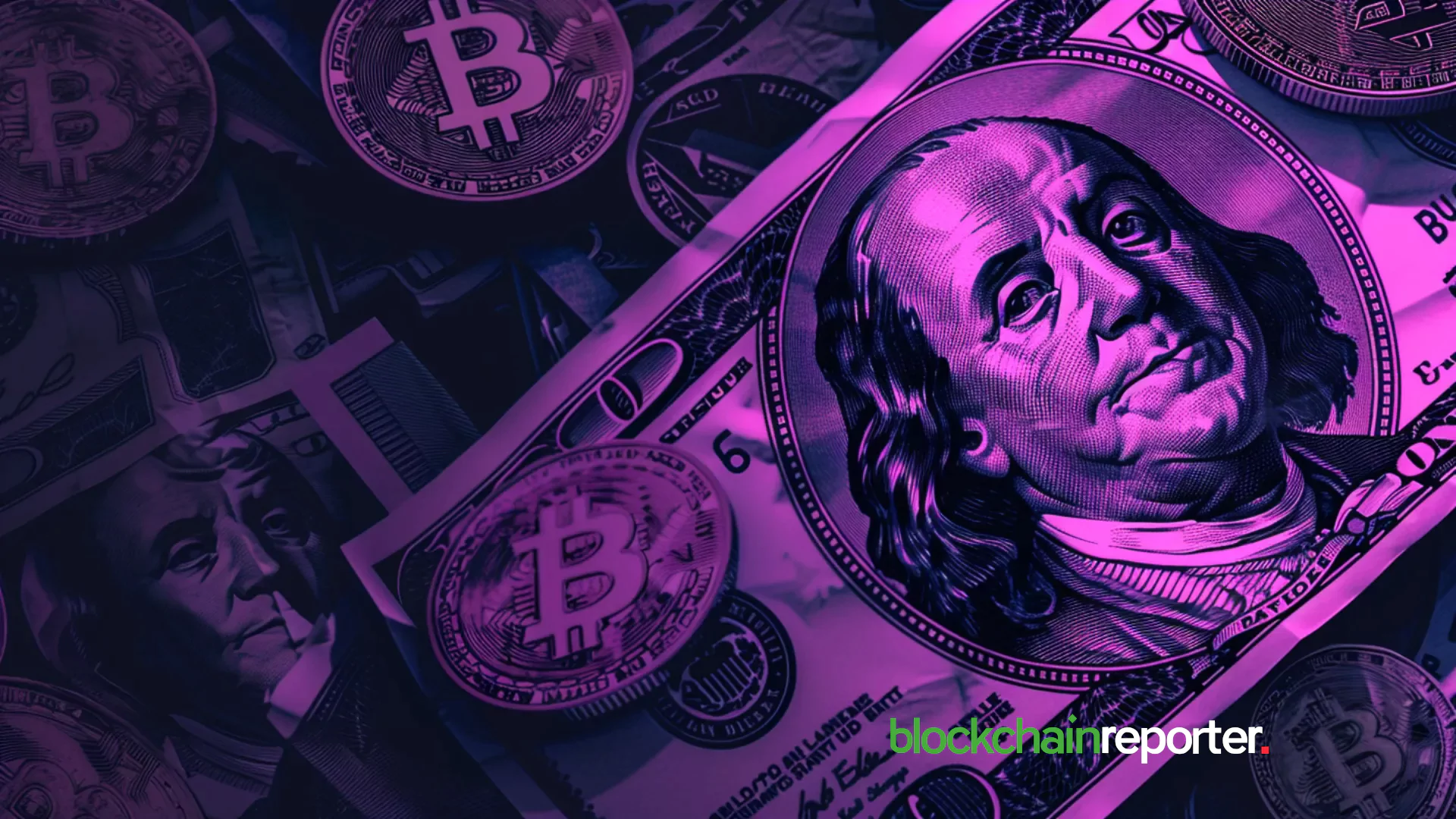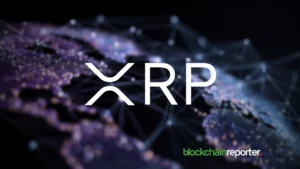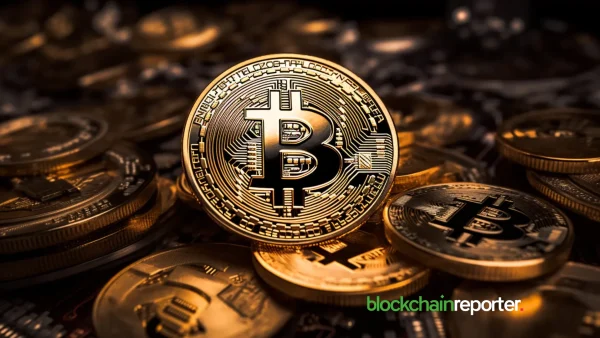
In recent developments within the cryptocurrency space, Mt. Gox, the infamous defunct cryptocurrency exchange, continues its efforts to settle creditors’ claims by moving significant Bitcoin amounts to various exchanges and unknown wallets.
Notably, a crypto community trader known as Ash Crypto highlighted a recent transaction where Mt. Gox transferred 37,477 bitcoins, valued approximately at $2.47 billion, to an undisclosed address. This transfer is part of a broader plan that seeks to finally reconcile the financial discrepancies following the exchange’s collapse.
The journey toward restitution has seen Mt. Gox is actively dispersing its Bitcoin reserves. According to data shared by the onchain analytics platform Spotonchain, since July 5, 2024, the exchange has executed multiple large transactions totaling 61,559 bitcoins or roughly $3.88 billion.
The breakdown includes transfers to well-known cryptocurrency exchanges such as Bitstamp, SBIVC, and potentially Kraken, indicating a structured approach to managing creditor payouts.
Analyzing the Impact of Mt. Gox’s Payouts on the Crypto Market
As of now, over 40% of the Bitcoin owed to creditors has been distributed. This leaves a substantial amount—60% or about $5.6 billion—still pending distribution among the approximately 127,000 creditors. These individuals and entities have been awaiting the return of their funds for over a decade since Mt. Gox’s dramatic downfall in 2014 following a massive security breach.
While there is concern within the crypto community about the potential market impact of these Bitcoin distributions, opinions among experts vary. For instance, Alex Thorne, head of research at Galaxy Digital, has downplayed the likelihood of a market upheaval.
He suggests that a significant portion of the repaid Bitcoin is destined for investment funds which may not immediately liquidate these assets on the spot market. Thorne also speculates that many individual creditors, having held their claims for so long, might opt to retain their Bitcoin, demonstrating a ‘diamond-handed’ approach to their newly returned digital assets.








